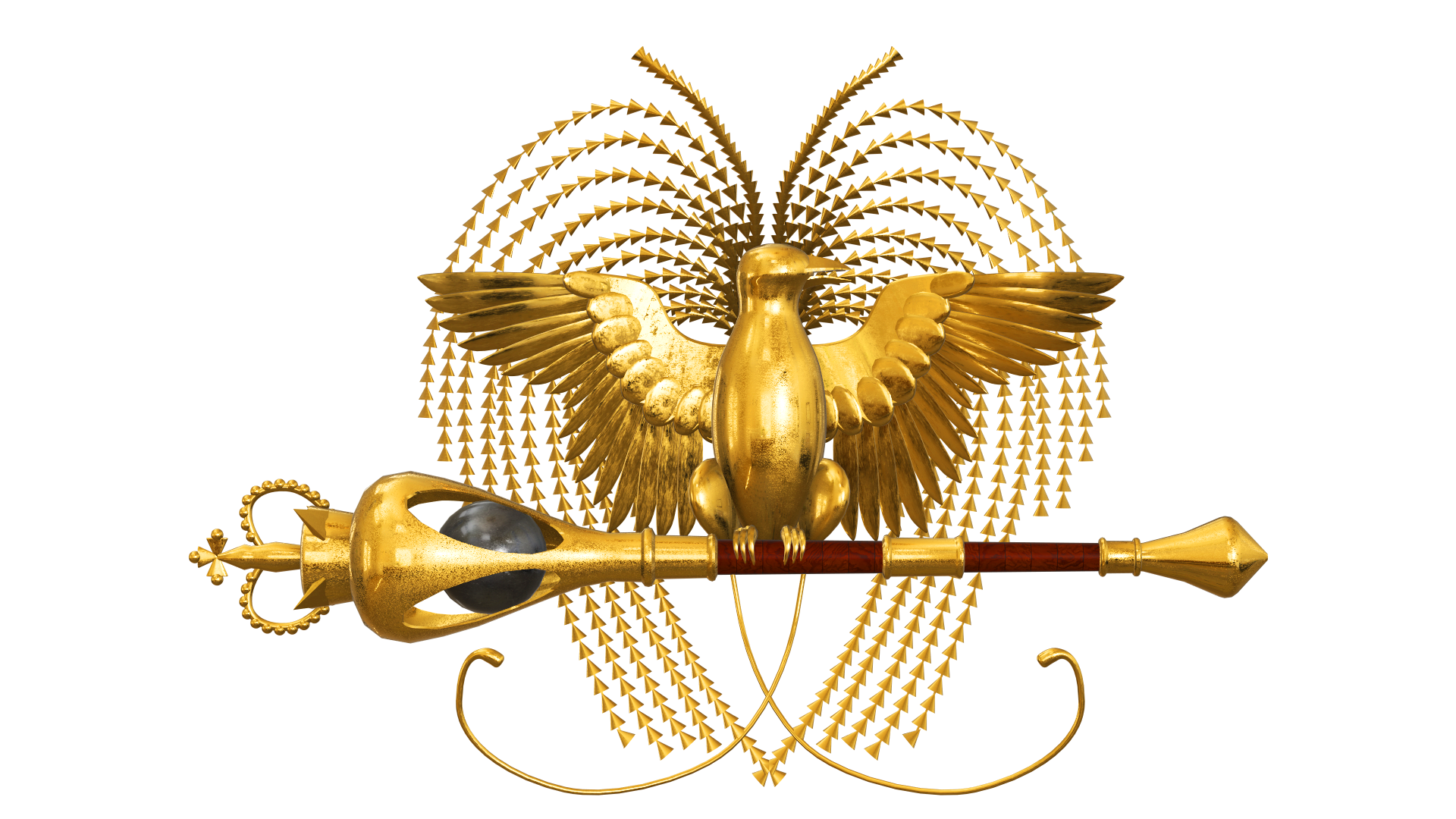Section 118 provides for the establishment of Committee System in Parliament. During every term of Parliament, parliamentary committees are appointed and remain for the whole term.
Parliament also establish Special Committees with specific functions when need arises during a term. All these committees comprise of groups of Members of Parliament and are bipartisan in their composition. There are three categories of parliamentary committees – Public Accounts Committee, Standing Committees, Permanent Committees.
There are three ways through which the Parliamentary Committees are established in Parliament and they include:
1. Constitution
2. Acts of Parliament
3. Standing Orders of Parliament
4. Resolution of Parliament
Parliamentary committees expound on the key functions of Parliament that include legislation, representation and oversight.
Committees investigate specific matters of legislation, policy, government administration and finance, and conduct site inspections on behalf of Parliament. The investigations are conducted through committee inquiries where briefings and public hearing are held. The findings from the inquiries are presented as reports to Parliament.
Committees further provide an opportunity for organisations and individuals to participate in policy making and to have their views placed on the public record and considered as part of the decision-making process.
A strong, active committee system is an asset in any functioning parliamentary democracy. A comprehensive system of parliamentary committees provides greater accountability by making the policy and administrative functions of Government more open and accountable. Committees provide a forum for investigation into matters of public importance and give Members the opportunity to enhance their knowledge of such issues.
In short, they allow the Parliament to ensure that the right decisions are being made at the right time and for the right reasons. At the same time they effectively enhance the democratic process by taking the Parliament to the people and giving them a role in its operations.
They are supported by a Secretariat team, who coordinate the activities of parliamentary committees through advisory and research support, and provide administrative and secretarial assistance. They further coordinate committee meetings and briefings, public inquiries and hearings, arrange for travels, undertake research and draft committee reports for tabling in Parliament.
